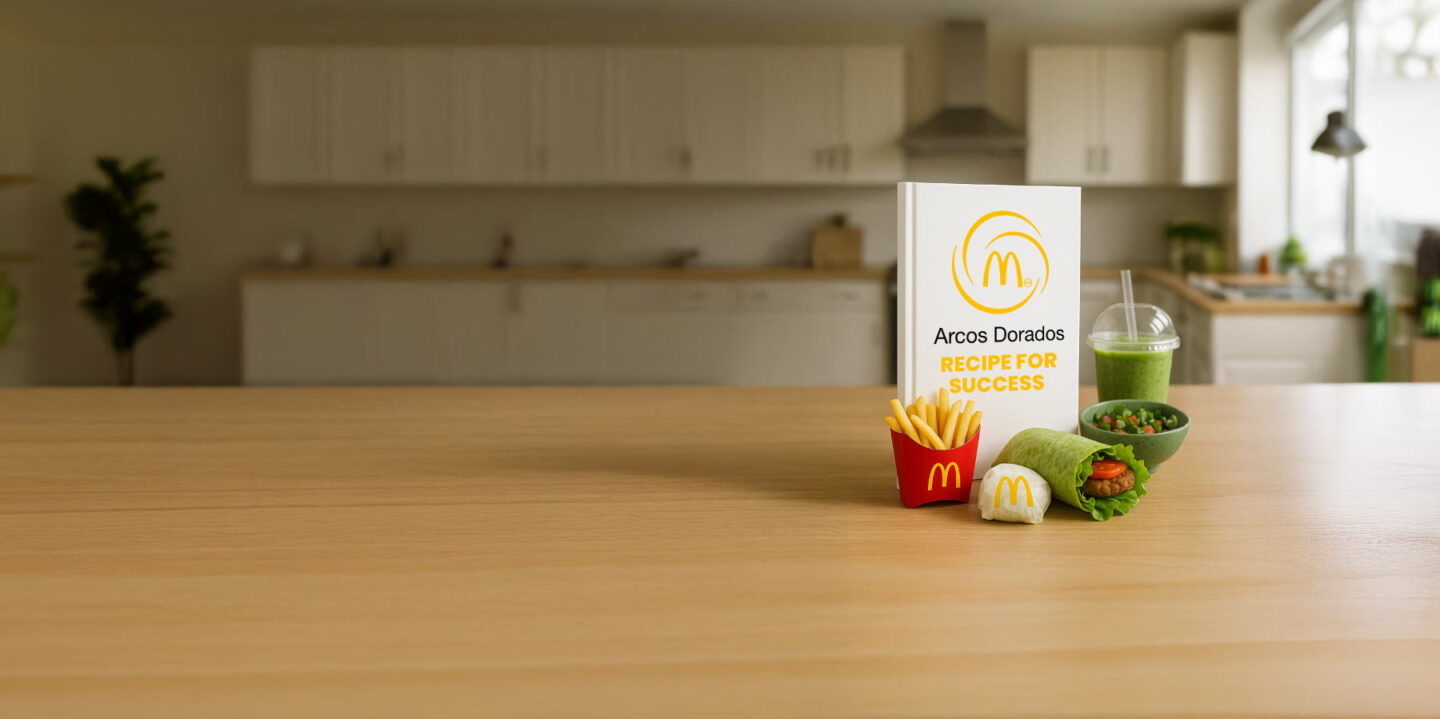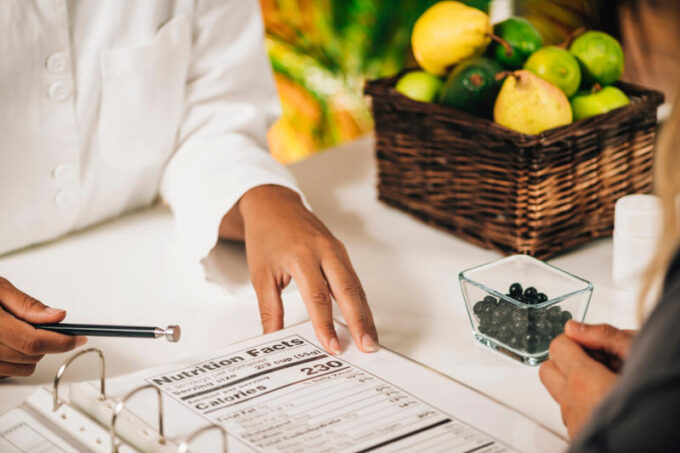The solution: Embedding purpose in operations
Arcos Dorados is not trying to single-handedly solve Latin America and the Caribbean’s social and environmental problems. Nor is it addressing these problems from the outside. Its Recipe for the Future strategy focuses on using its everyday operations and partnerships with local suppliers, sub-franchisees, governments, and NGOs as levers for broader change.
This begins with its approach to youth employment. With one of the largest networks of formal jobs for young people in the region, Arcos Dorados treats its restaurants as launchpads. Employees receive structured training, coaching, and clear advancement opportunities. New hires get 30 hours of training, and with 68,000 people beginning their journeys each year, this adds up to more than two million training hours annually. Programs are built in collaboration with NGOs and vocational schools to ensure the content is truly relevant in the real world, helping the company go well beyond its operation to reach more than 400,000 young people every year.
“We’re not hiring people just to cook burgers,” says David Grinberg, Vice President of Corporate Communications. “We’re hiring people to build careers.”
This belief extends beyond training. The company has redesigned its internal communications to connect with a younger workforce, using platforms and formats familiar to digital natives and inviting employees to shape the content themselves. More than 130,000 people have registered for the MCampus Community free online courses, which are open to the public and created to offer development opportunities in areas such as personal finance, marketing, customer service, and software coding, among others.
To address shifting expectations related to food and nutrition, both McDonald’s Corporation and Arcos Dorados have evolved their menus over the years. They have made substantive changes to reduce sodium, fat, and sugar content, cut the use of artificial colors and preservatives, provide fruits and vegetables in all kids’ meals, and include clear labeling to make it easier for customers to make informed choices.
“These shifts aren’t about marketing; they’re about building long-term trust and providing transparency about our ingredients, their origin and their nutritional value, while ensuring that food safety remains paramount in our strategy,” says Gabriel Serber, Vice President of Social Impact and Sustainable Development.
The third element of transformation is environmental. With beef being their primary emissions driver, McDonald’s and Arcos Dorados are rethinking both supply and sourcing. Satellite monitoring of the beef supply chain ensures no deforestation happens in critical regions of South America, with some 3.67 million hectares monitored monthly, covering more than 17,000 farms and more than five million heads of cattle. The company has used its scale to expand the availability of fresh cage-free eggs in the region. Locally, it has also reduced plastic packaging to 10% of total materials and has renewable energy contracts in place to cover 50% of its regional energy consumption. By installing equipment to harvest rainwater and air conditioning condensation in its restaurants, the company has reduced its usage of fresh water in daily cleaning tasks. Every year, Arcos Dorados also collects over four million liters of cooking oil to be used for biofuel recycling, while reverse logistics collection of used cardboard packaging expands the company’s circular economy model. All these programs contribute to the McDonald’s System’s global climate goals.
Together, these efforts do not represent a pivot; they represent integration. Youth, health, and climate are no longer treated as separate work streams. They are part of a single strategy to have a positive impact on the lives of the people the company touches and the places it operates.
“Every shift, every meal, every decision – those are chances to do better,” says Staton. “And when you serve millions, ‘better’ adds up fast.”










